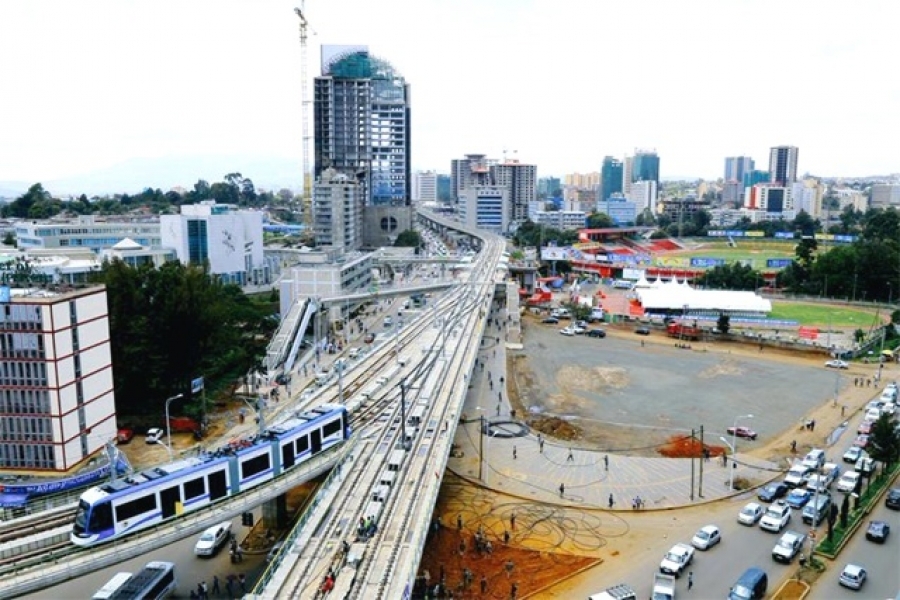Ethiopia among leading economies in Sub-Saharan Africa – IMF


BY FAUXILE KIBET
The International Monetary Fund (IMF) has identified Ethiopia as among economies growing robustly in the Sub-Saharan Africa with growth of six percent and above. Other countries identified as having registered remarkable growth are Cote d’Ivoire, Senegal and Ghana.
In its latest report released Monday, the organization observed that the Sub – Saharan region was experiencing a “modest pick up in economic growth” and added that growth this year is projected to pick up modestly from 2.8 percent in 2017 to 3.4 percent.
But despite the remarkable growth, the IMF notes that countries that are home to one third of the region’s population have seen their per capita income fall in 2017 and most of these countries are expected to witness a further decline in per capita income this year.
It however observes that the growth being witnessed has largely been driven by a more supportive external environment including stronger global growth.
“The record amount of Euro bond issuances in the first quarter gives an indication of the significant improvement in access to international capital markets that the regions frontier markets in particular are having,” observes the multilateral lender.
The organization adds that external positions have as a result strengthened, reflecting global developments and also improved policy frameworks. However, 40 percent of low-income countries are now in debt distress or assessed to be at high risk of debt distress.
“About half of the countries in debt distress resource-based economies which have had to contend with the largest real oil price decline since 1970. That’s reduced economic growth and hit government revenues significantly.”
STRONGER GROWTH
For the Sub-Saharan countries to achieve a more stronger, durable and inclusive growth, the IMF observes that there is a need to seize the opportunity afforded by the current favorable external conditions by taking domestic policy steps to reduce macroeconomic vulnerabilities and raise medium term growth potential.
Also, the organization notes that countries within the region need to step up measures towards ensuring it collects enough revenue from within even before reaching out to external options. This it says will help in addressing debt vulnerabilities.
“Central to the goal of addressing debt vulnerabilities is stronger tax revenue mobilization. Stepping up revenue collections would allow sub-Saharan African countries to make progress towards sustainable development goals while preserving fiscal sustainability.”
Most countries in the region according to IMF have a considerable potential to collect higher revenue despite substantial progress of revenue mobilization over the last couple of decades. Sub-Saharan African continues to have the lowest revenue to GDP ratio.
“Countries in the region could mobilize between there to five percentage points of GDP and additional tax revenues in the next four or five years. Achieving this ambition would require strengthening VAT systems, streamlining exemptions and broadening tax base.”